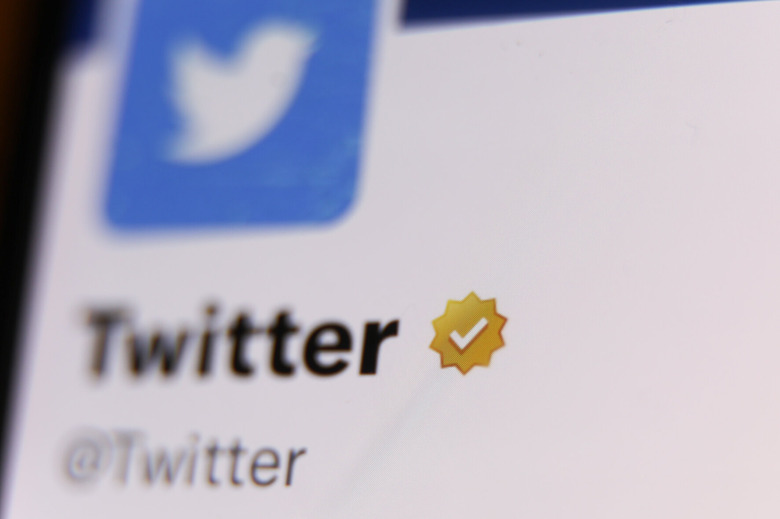Twitter Finally Started Paying Creators, But It Might Make The Platform Even Worse
On Thursday, Twitter started paying content creators a share of the ad revenue it earns from the ads that appear in the replies to their tweets. This is an undeniable triumph for all the users who have been making Twitter relevant for as long as the social media service has existed. It might also make the platform even more unbearable than it already is.
On June 9, Twitter owner and CTO Elon Musk tweeted that X Corp. would "start paying creators for ads served in their replies" in a few weeks. On Thursday, the first payments were sent out as a number of popular creators began sharing proof of their payments. As spotted by TechCrunch, writer Brian Krassenstein received a payout of nearly $25,000:
Twitter just paid me almost $25,000. pic.twitter.com/oIJ2Ycymzb
— Brian Krassenstein (@krassenstein) July 13, 2023
Twitter also paid $1,393 to CreateSafe's co-founder Nick St. Pierre, $7,153 to The Babylon Bee writer Ashley St. Clair, $37,050 to Dogecoin co-creator Billy Markus (aka Shibetoshi Nakamoto), and $9,546 to conservative political commentator Benny Johnson.
According to Twitter, creators have to meet several requirements in order to share in ad revenue. Those requirements include subscribing to Twitter Blue or Verified Organizations, having at least five million impressions on your posts in each of the last three months, and passing a review for Twitter's Creator Monetization Standards. After that, you'll need to connect a Stripe account so that Twitter has a way to pay you.
Making a living on Twitter is now possible. The biggest problem is that this program incentivizes creators to generate engagement at all costs. If it would earn you thousands of dollars, wouldn't you do everything in your power to give other users a reason to reply to your tweets (or at least click the replies to scroll through the outrage)? The more people that reply to your tweets, the more ads they'll see, and the more money you'll make.
Musk acknowledged as much in a tweet reply shortly after payments started rolling out:
Poetic justice
— Elon Musk (@elonmusk) July 13, 2023
Twitter is in a somewhat precarious position at the moment, given that competitors are springing up left and right. That includes Threads, an Instagram app. While this will give Twitter loyalists a compelling reason to stick around, it might have the opposite effect on the skeptics.
Everyone who qualifies for ads revenue sharing has to up their shitpost game in order to tempt other users to engage with their tweets. If a tweet isn't provocative, outrageous, or scandalous, it's less likely to make someone click, so why bother?
Thankfully, there are some guardrails in the form of Twitter's Creator Monetization Standards. You cannot monetize tweets if you engage in fraud or deceit, promote illegal or restricted goods and services, share violent or graphic content, make unsubstantiated claims, or post unowned or unlicensed content. Twitter also won't share ad revenue with anyone who posts adult or sexually suggestive content, which certainly won't go over well with the substantial sex worker population that exists on Twitter.
